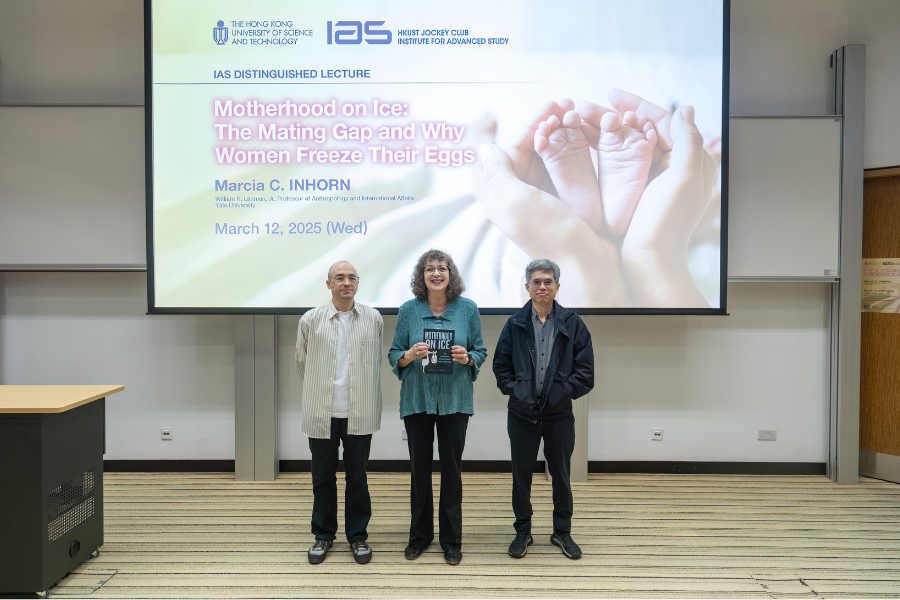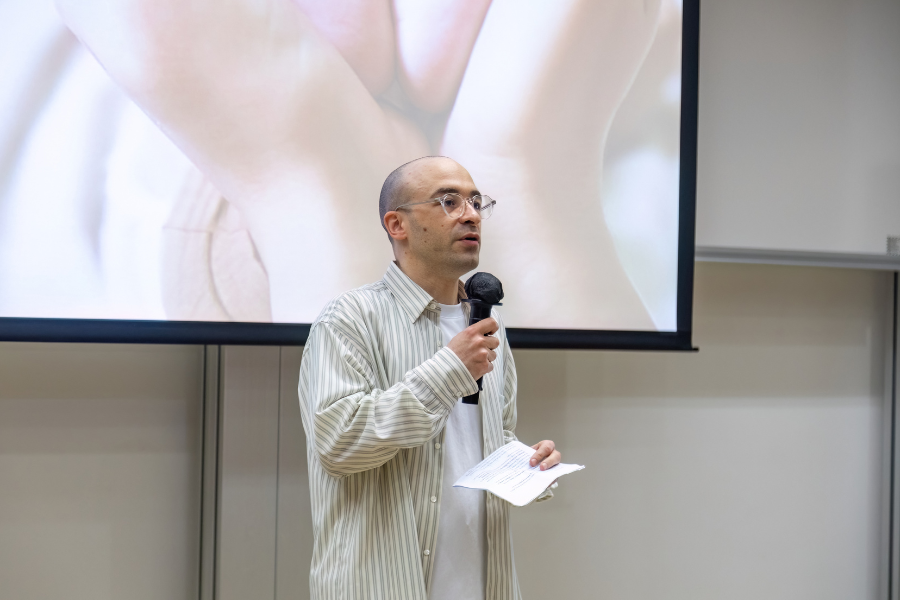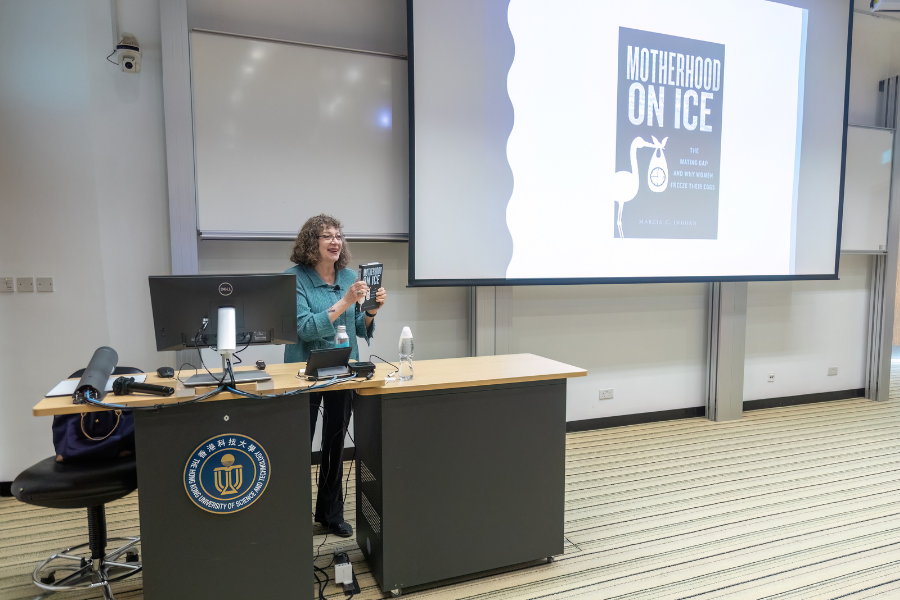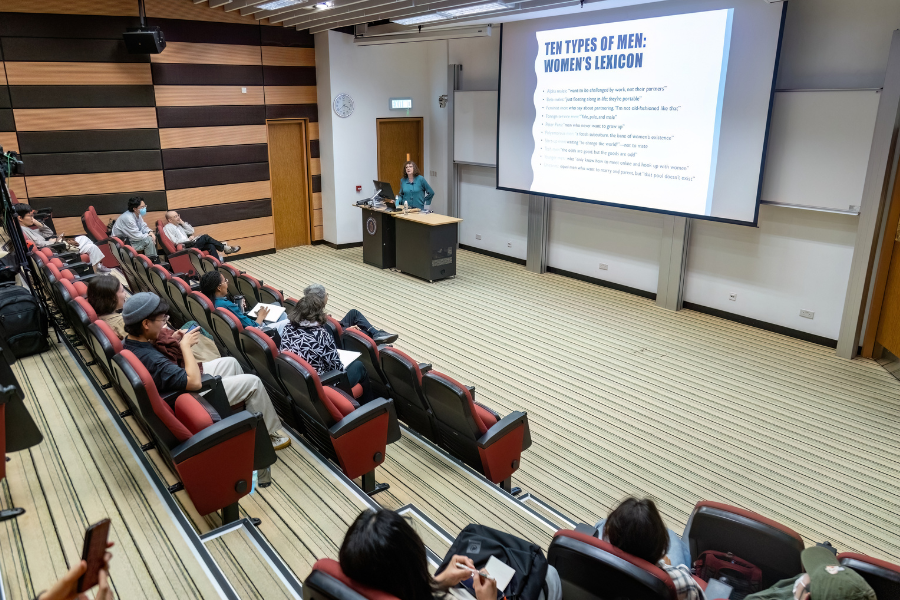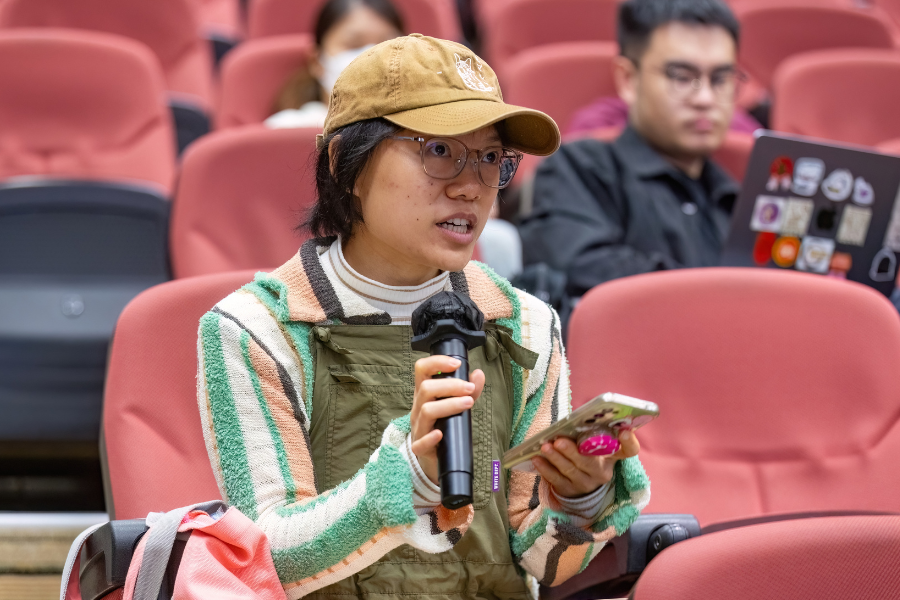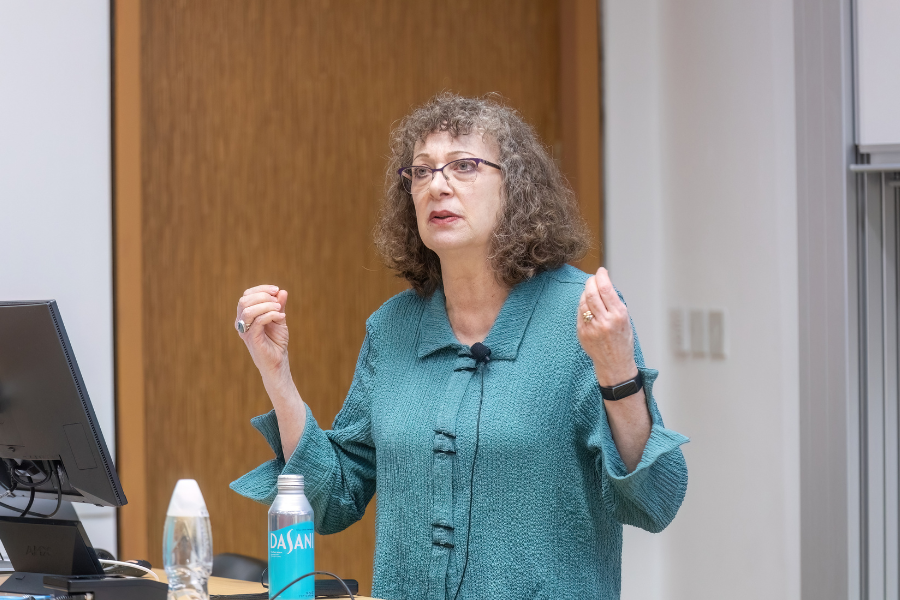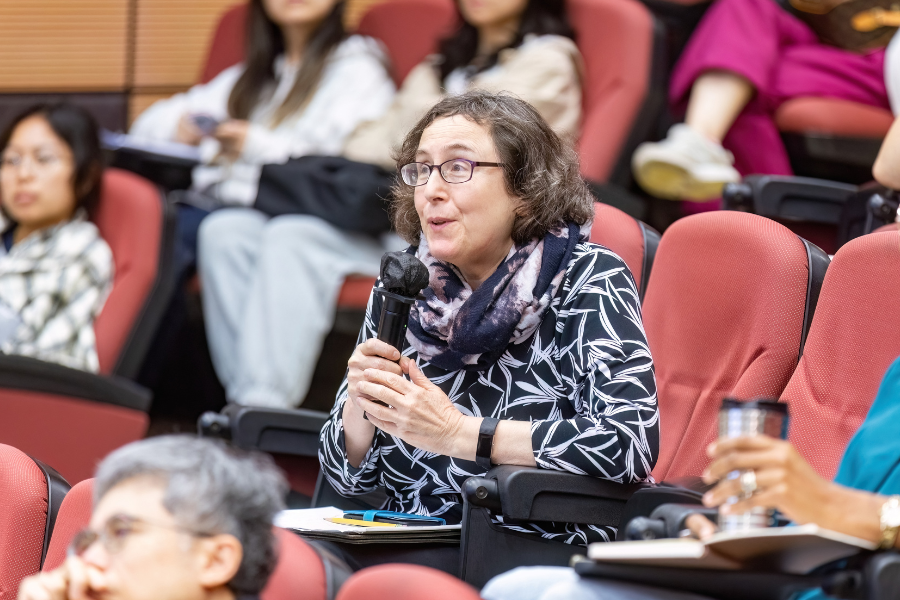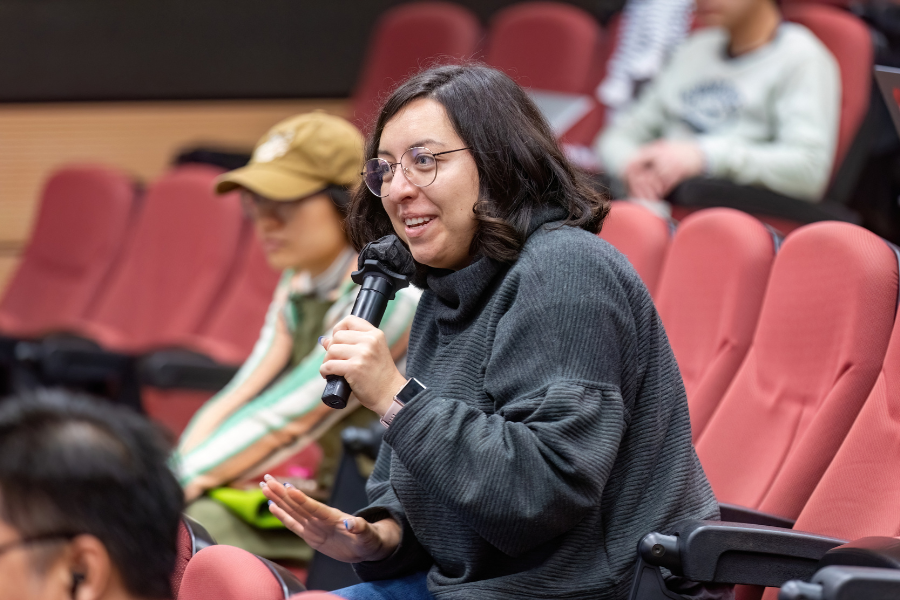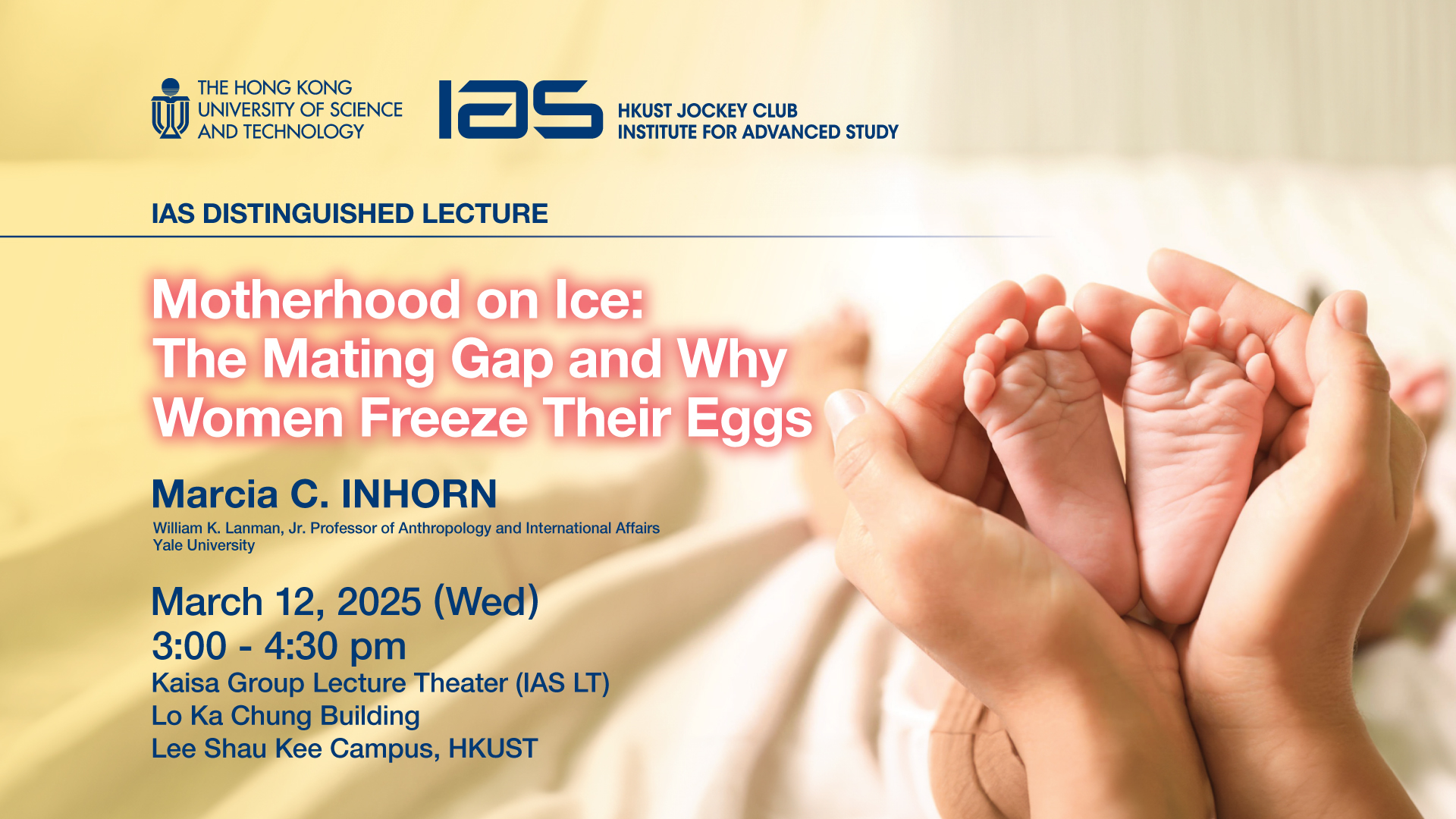Motherhood on Ice: The Mating Gap and Why Women Freeze Their Eggs
Abstract
Why are women freezing their eggs in record numbers? Contrary to media reports, which suggest that women’s career ambitions are the main determinant of women’s fertility preservation, women themselves offer different explanations for their egg freezing. The growing momentum toward this new reproductive technology masks an underlying but little discussed global reality—namely, a mating gap, in which women in the United States and more than half the world’s nations are outperforming men in higher education, resulting in the lack of eligible, educated, and equal partners with whom to pursue marriage and childbearing. Although egg freezing is touted for its “revolutionary” potential, it is a costly technological concession to growing gender inequalities, whereby educated women are “buying time” while experiencing reproductive partnership problems beyond their individual control.
About the Speaker
Prof. Marcia C. INHORN received her PhD in Anthropology from both the University of California, Berkeley and the University of California, San Francisco in 1991. She was a faculty in the University of Michigan and University of Cambridge before joining the Yale University as the William K. Lanman, Jr. Professor of Anthropology and International and Professor in the Whitney and Betty MacMillan Center for International and Area Studies.
A medical anthropologist specializing in gender, technology, and reproductive health issues, Prof. Inhorn has conducted research on the social impact of infertility and assisted reproductive technologies in the Middle East (Egypt, Lebanon, the United Arab Emirates) and Arab America over the past 40 years. She is the author of six award-winning books on the subject, including The New Arab Man: Emergent Masculinities, Technologies, and Islam in the Middle East (2012). Her latest book, Motherhood on Ice: The Mating Gap and Why Women Freeze Their Eggs (2023), is based on a US National Science Foundation study of 150 American women who froze their eggs. She is also the co-editor of fourteen books, including The New Reproductive Order: Technology, Fertility, and Social Change around the Globe (2025).
For Attendees' Attention
Seating is on a first come, first served basis.

